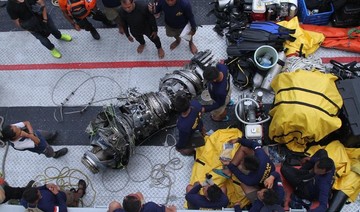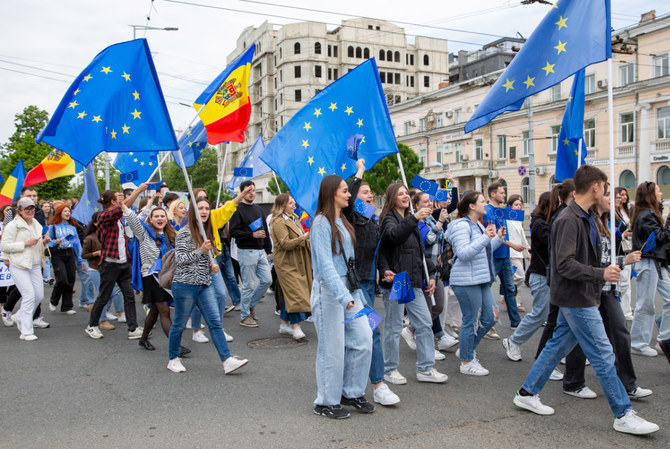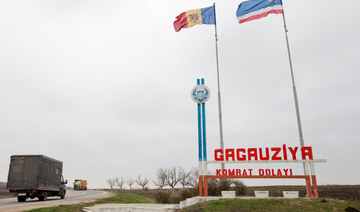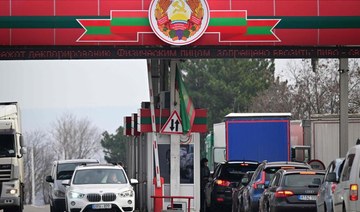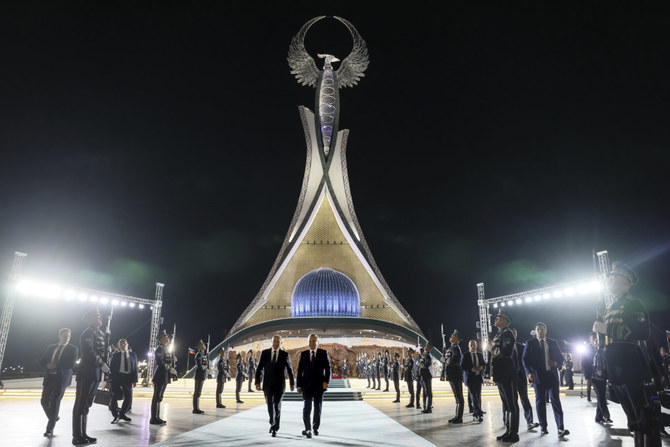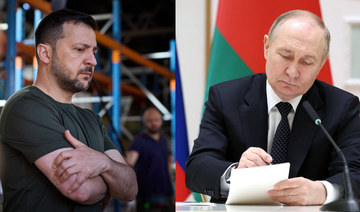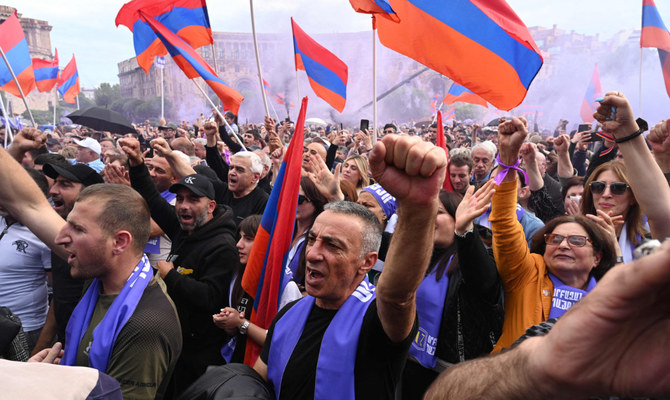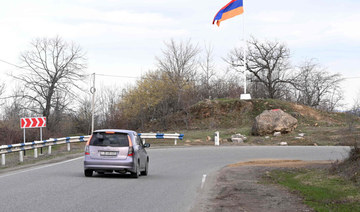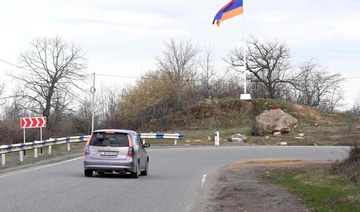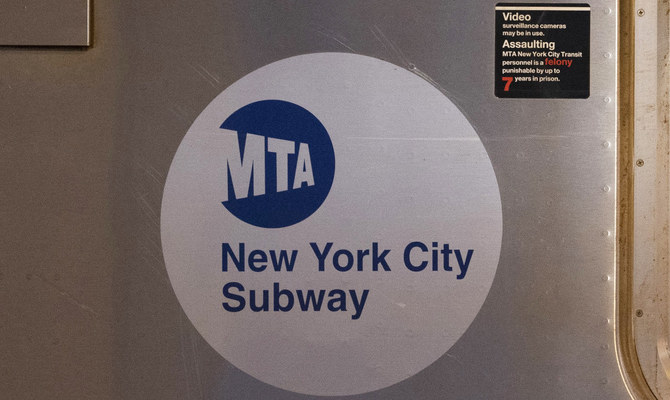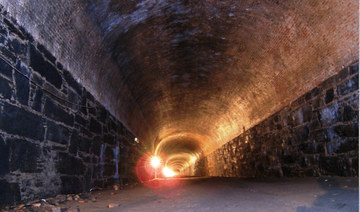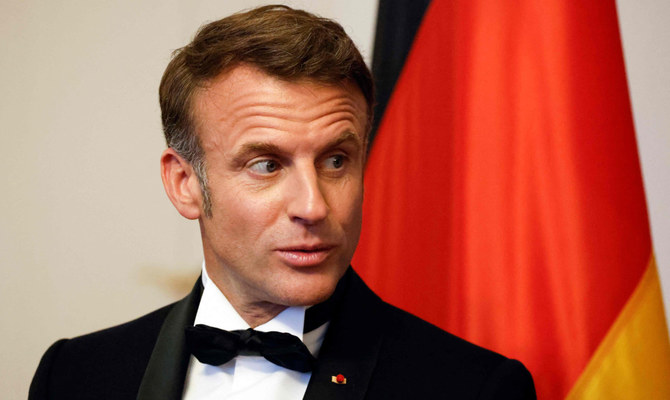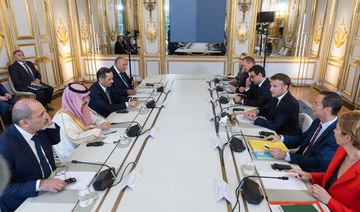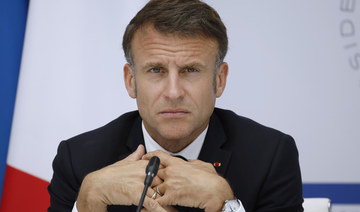HONG KONG: Five people were killed and 32 injured when a coach carrying Cathay Pacific staff to Hong Kong’s airport collided with a taxi on Friday, police said, with passengers thrown from the coach’s windows on impact.
The back half of the taxi was completely crushed and both sides of the bus were damaged with traces of blood on the outside following the crash on the island of Tsing Yi.
Police said the collision had happened in the left lane of the main road — the taxi had stopped with its hazard lights on and the coach plowed into it.
“We believe the taxi was broken down and stopped in the left lane of the road. Around 40 seconds later, a coach hit it from behind,” police superintendent Yip Siu-ming said.
The coach then lost control, Yip added, hitting the right hand side crash barrier and then the left one and throwing three passengers out of the coach. The 62-year-old driver was also hurled from the vehicle and injured.
The taxi driver, two men and two women coach passengers were killed, according to police.
Hong Kong’s hospital authority said one person remained in critical condition and another in serious condition.
The rest of the injured were either stable or had been released from hospital.
Debris including glass and personal belongings was strewn across the main road, which remained closed early Friday.
Hong Kong carrier Cathay Pacific confirmed “a shuttle bus carrying our employees was involved in a traffic accident this morning.”
“It is a tragic and very sad incident. We extend our deepest condolences to the families of those who have sadly passed away,” the airline said.
Superintendent Yip said police would look into whether the coach driver — who had been working for 10 hours at the time of the accident — had been tired or affected by alcohol.
“From what we can see, it’s obvious that the driver did not see the broken-down taxi on the road and hit it from behind,” Yip said, adding that his working hours were from 7:00 p.m. to 7:00 am.
The Kwoon Chung bus company told local media that the driver had been working for them for 12 years and had not declared any health problems.
Matthew Wong, chairman of the company, said the driver had had enough rest and had taken eight days off in November. He added: “Of course we’ll look into the cause of the accident,” in a telephone interview with TVB.
Tsing Yi is connected by a freeway to Hong Kong International Airport which is located on neighboring Lantau island.
Television footage showed the injured being treated by the side of the road before they were taken to four hospitals.
One coach passenger said the bus had been traveling fast before it crashed into the taxi, according to SCMP.
“It seemed to me that the coach did not slow down. I fell onto the floor (when it crashed),” the passenger said.
A passenger told local television channel TVB the scene on the bus was “very chaotic, we were crushed together.”
Another said “the bus hit once, then hit left and right, and hit the roadside to stop.”
Television footage showed the crash barrier on either side of the road was damaged.
The accident happened at 5:00 am (2100 GMT Thursday) near the exit of a tunnel.
Hong Kong prides itself on having one of the world’s best public transport systems but deadly bus accidents are not unknown.
A speeding double-decker overturned in northern Hong Kong in February, killing 19 people and leaving more than 60 injured. The bus driver was arrested for dangerous driving.
And in 2003 a double-decker bus collided with a truck and plummeted off a bridge, killing 21 people and injuring 20.




